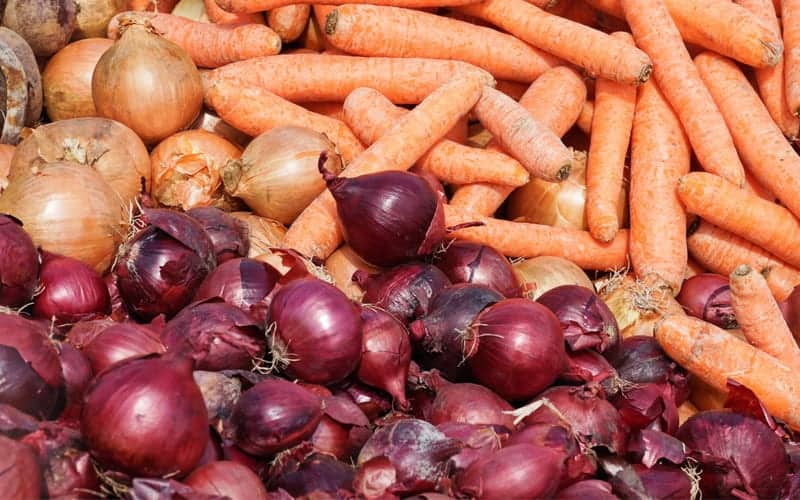NEW DELHI: A substantial rise in food prices lifted India’s October retail inflation to 4.62% from 3.99% in September, official data showed on Wednesday.
Similarly, on a year-on-year (YoY) basis, the Consumer Price Index (CPI) in October was higher than the corresponding period of last year when retail inflation stood at 3.38%.
According to the data furnished by the National Statistical Office (NSO), the Consumer Food Price Index (CFPI) inflated to 7.89% during the month under review from an expansion of 5.11% in September 2019 and (-)0.86% reported for the corresponding period of last year.
Significantly, the data indicated that retail inflation level has breached the medium-term target for Consumer Price Index (CPI) inflation of 4%. The target is set within a band of +/- 2%.
Prices of vegetables, pulses, eggs, meat and fish pushed the retail food inflation higher on a year-on-year (YoY) basis.
As per the data, the prices of vegetables rose by 26.10%, pulses and its products increased by 11.72% and meat and fish by 9.75%.
The sub-category of food and beverages recorded a 6.93% rise last month over October 2018.
Amongst the non-food categories, the fuel and light segment’s inflation decreased by 2.02% in the month under review.
“After remaining within RBI’s target of 4% for 14 consecutive months, CPI inflation in October 2019 increased to 4.62%, a 16-months high,” said Devendra Pant, Chief Economist with India Ratings and Research.
According to ICRA’s Principal Economist Aditi Nayar: “Looking ahead, we expect the core-CPI inflation to inch up modestly from the level recorded in October 2019, but not breach 4%.
“The pace of normalisation in vegetable prices will be the key driver of the trend in food inflation over the next few months.”
Brickwork Ratings Chief Economic Advisor M. Govinda Rao said: “Although it is still within the range of MPC target, it poses some doubts on the rate cut.
“The core inflation is still lower at 3.5%, hence considering the low GDP growth, which is expected to slow down even more during the second quarter, the MPC may decide to cut the repo rate further by 25 basis points in the upcoming monetary policy.”
Edelweiss Securities’ Economist Madhavi Arora said: “For the RBI, it presents a tough policy dilemma of overshooting inflation, undershooting growth and fragile fiscal state.
“However, we think the current underlying growth-inflation mix continues to be favourable for counter-cyclical monetary stance. We think the monetary accommodation has further steam of 50-65 bps cut more in the cycle, contingent on data outcomes.”

